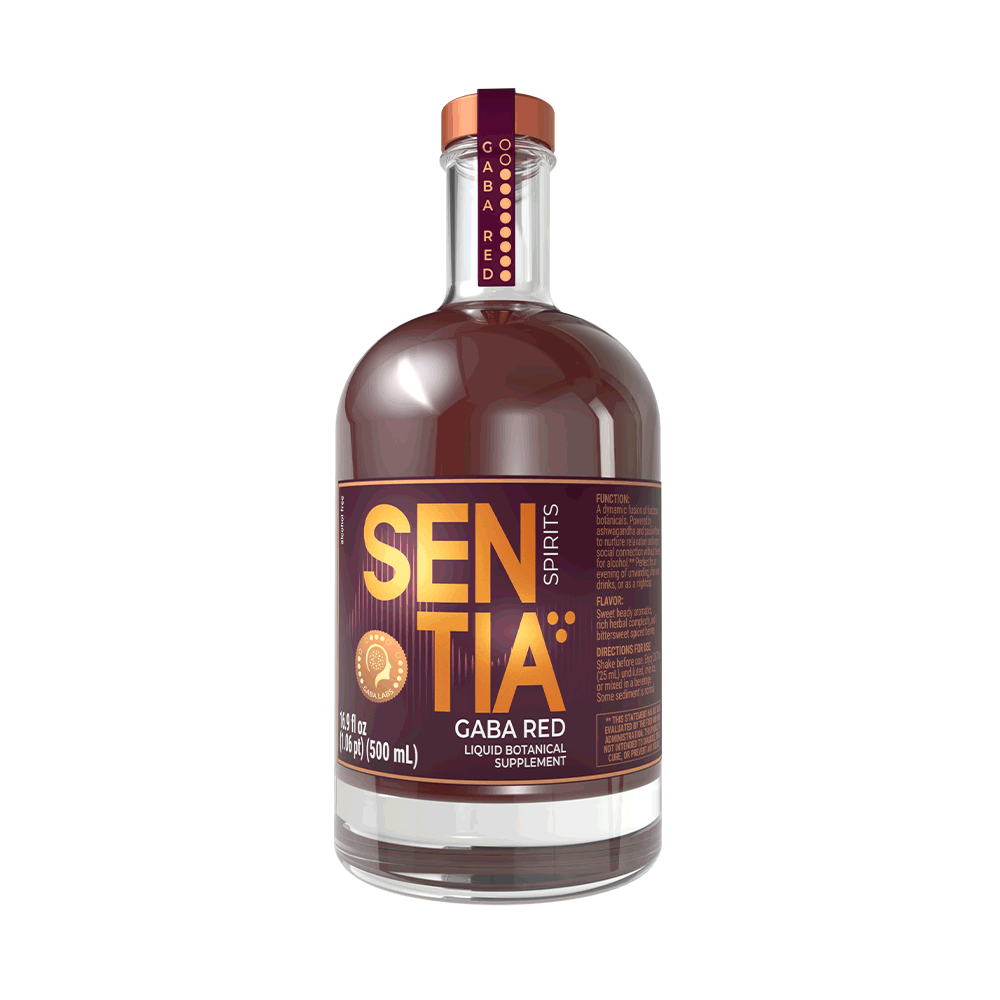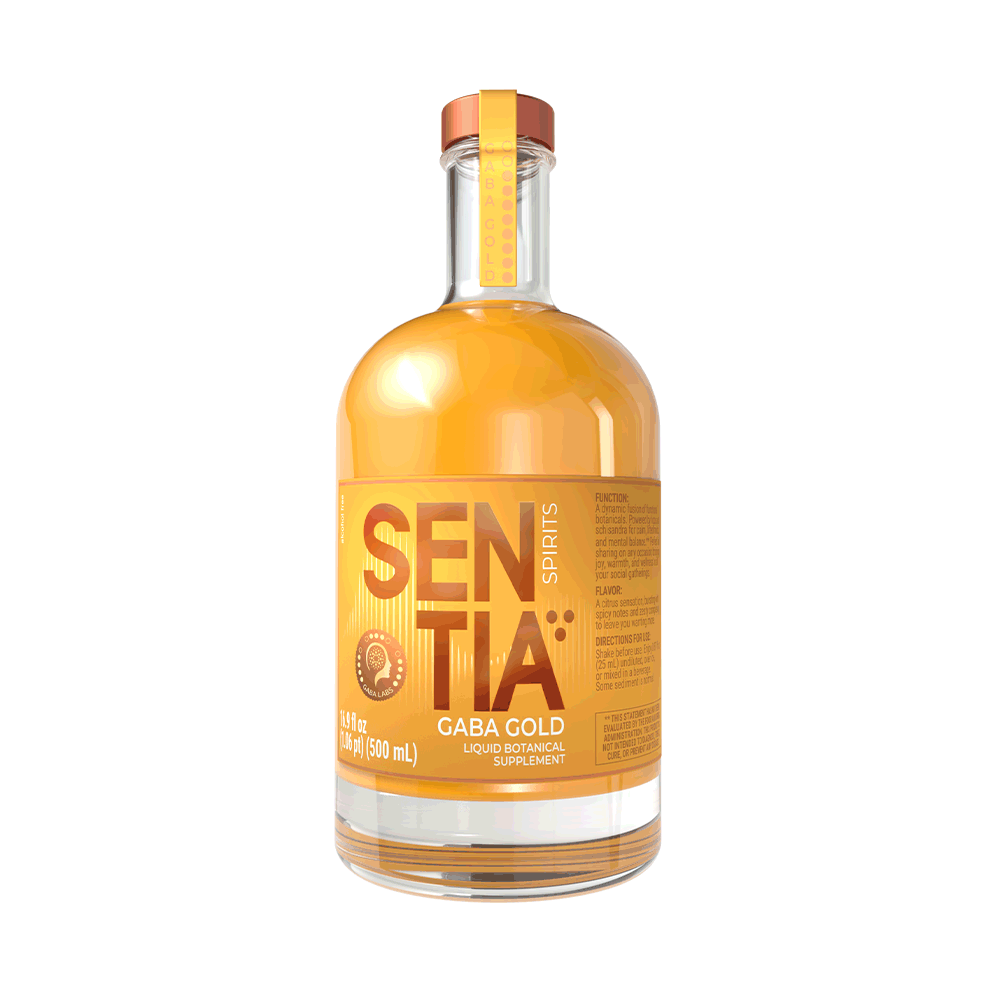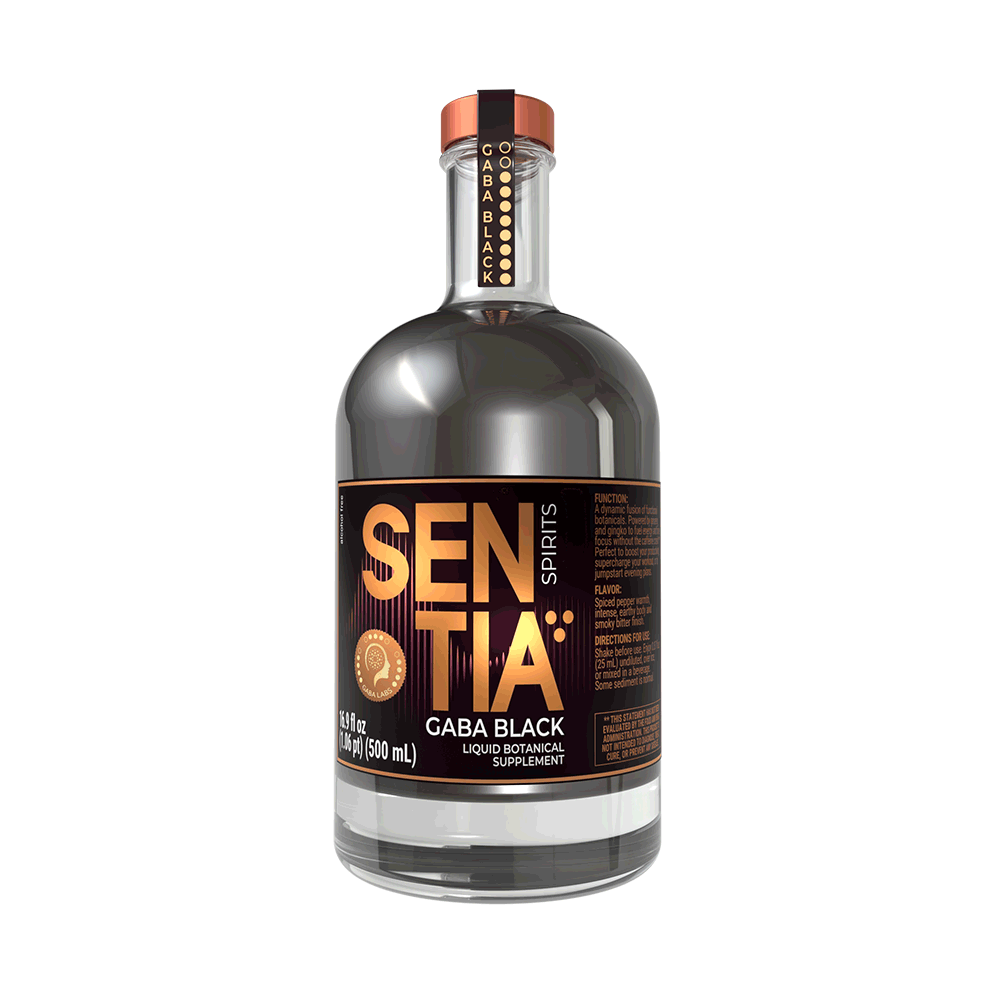The Benefits and Drawbacks of Energy Drinks for Exercise, and Alternative Options
Energy drinks have become a popular choice for those seeking a quick boost during workouts. While they can offer several benefits, it's important to understand their potential drawbacks as well.
PRE-WORKOUT ENERGY: THE BASICS
Energy drinks are often consumed before workouts to provide a burst of pre-workout energy. These drinks typically contain high levels of caffeine and other stimulants like taurine, an amino acid which can enhance alertness and performance. Studies suggest that caffeine can improve physical performance markers such as endurance and strength, making it a common ingredient in many pre-workout supplements.
ENERGY DRINK BENEFITS
Enhanced Athletic Performance
Caffeine in energy drinks may boost athletic performance. Taken about an hour before exercise, it can help improve focus, reaction time, and possibly improve overall stamina. This may be beneficial for high intensity training and cardiovascular workouts, where maintaining energy levels is crucial.
Improved Hydration and Replenishment
Some energy drinks also contain electrolytes, which can aid in post workout replenishment. Electrolytes, like sodium, potassium, and magnesium, help maintain fluid balance, nerve function, and muscle contraction. After exercise, replenishing electrolytes aids in rehydration, prevents muscle cramps, and supports optimal muscle recovery and function.
Learn more about energy drinks during exercise and recovery.
DRAWBACKS
The Sugar Crash
Many energy drinks are loaded with sugar, which can lead to an energy crash once the effects wear off—which you don’t need in the middle of a work-out. A sugar crash, or reactive hypoglycemia, occurs when a rapid drop in blood glucose levels follows a high intake of sugar or simple carbohydrates. This process starts with the consumption of sugary substances, leading to a spike in blood sugar levels and subsequent insulin release. Insulin quickly facilitates glucose uptake by cells, causing blood glucose levels to plummet. During exercise, muscles are more sensitive to insulin, accelerating glucose utilisation and potentially leading to hypoglycemia symptoms such as fatigue, dizziness, and reduced performance. Understanding this mechanism is crucial when considering energy drinks for exercise, as their high sugar content can contribute to these rapid fluctuations in blood glucose levels, impacting performance and energy stability.
There’s Such thing as Too Much Caffeine
Consuming too much caffeine can lead to several side effects, including jitteriness, increased heart rate, and insomnia. It's important to monitor caffeine intake from all sources, given how ubiquitous it is in our diets these days, so keep an eye on your intake outside of energy drinks.
Dehydration Risks
While caffeine can boost performance, it is also a diuretic, which means it can cause dehydration. This is particularly problematic during prolonged physical activity where maintaining hydration is crucial. For those engaging in high-intensity training, it's essential to balance energy drinks with adequate water intake.
ARE ENERGY DRINKS SAFE?
The safety of energy drinks largely depends on the individual's health and how they use these products. For most healthy adults, moderate consumption of energy drinks should be safe. However, it's important to be mindful of the total caffeine intake and avoid consuming multiple energy drinks in a short period.
OPTIMIZING ENERGY DRINK USE
Timing and Quantity For optimal results, energy drinks should be consumed about 30 minutes to an hour before exercise. This allows enough time for the caffeine and other ingredients to take effect. Limiting consumption to one serving per day can help avoid excessive caffeine intake.
Choosing the Right Product
Not all energy drinks are created equal. Look for products with lower sugar content and added electrolytes to support hydration. Some newer energy drinks are formulated to provide energy without the high sugar content, making them a better choice for prolonged workouts.
FUNCTIONAL INGREDIENTS BEYOND CAFFEINE?
You’ve probably heard of nootropics and at least one of them is emerging contender alongside caffeine as a potential means to maximise endurance, and recovery, which caffeine does not. Ginseng has been studied for its potential benefits in physical endurance and reducing fatigue. A systematic review of randomised clinical trials indicated that ginseng possesses anti-fatigue properties, showing significant improvements in fatigue scales, heart rate recovery. Other work indicates that ginseng can also aid in muscle recovery after exercise due in part to its functions as an anti-oxidant, giving it a leg-up over caffeine which doesn’t appear to offer much post exercise benefit at all.
Other nootropics, like Ginkgo Bilboa offer some of the cognitive benefits of caffeine, without the diuretic properties, so may be a better solution to the get-up-and-go side of things for those searching for alternatives to conventional energy drinks—if that sounds like you, look no further.
FREQUENTLY ASKED QUESTIONS
Can energy drinks improve workout performance?
Yes, energy drinks can enhance workout performance by increasing alertness and stamina, particularly through their caffeine content.
Are there any risks associated with energy drinks?
Excessive consumption of energy drinks can lead to dehydration, high blood pressure, and other side effects due to their high caffeine and sugar content.
How should I incorporate energy drinks into my workout routine?
Consume energy drinks about 30 minutes to an hour before your workout, and ensure you stay hydrated by drinking plenty of water.
Are there alternatives to conventional Energy Drinks?
Yes! The functional drinks revolution has its eyes set on athletes like you—with new options like GABA Black you can get what you what you need from an energy drink, without the compromises of excess sugar and caffeine.



